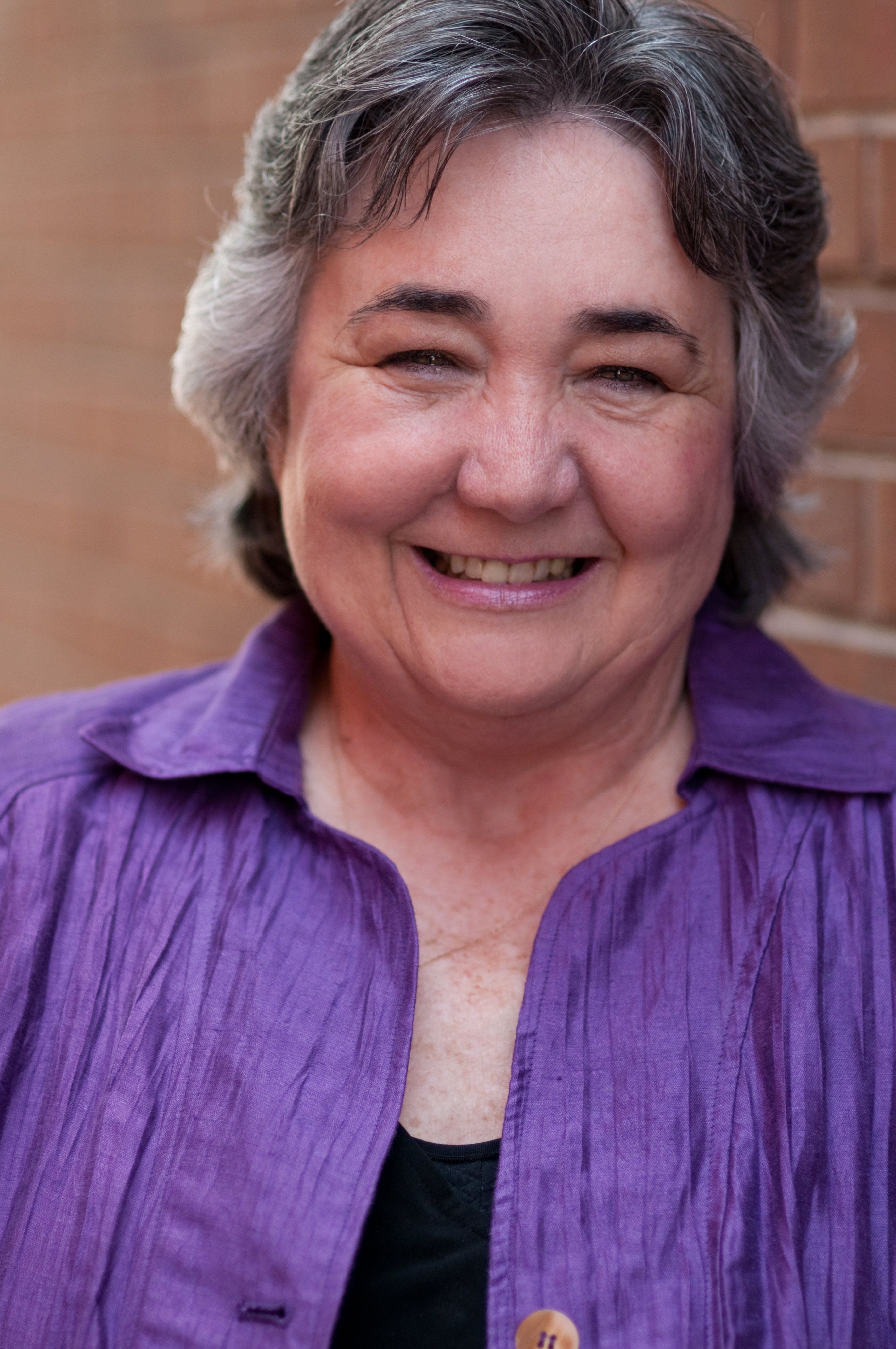Series Focus: “So from now on we regard no one from a worldly point of view. Though we once regarded Christ in this way, we do so no longer. Therefore, if anyone is in Christ, the new creation has come: The old has gone, the new is here! All this is from God, who reconciled us to himself through Christ and gave us the ministry of reconciliation: that God was reconciling the world to himself in Christ, not counting people’s sins against them. And he has committed to us the message of reconciliation.” 1 Corin 5:16-19
For key points from the series so far, see previous articles:
- Reconciled In God’s Perfect Timing
- Reconciliation: God’s Most Hoped For Outcome
- Reconciliation Defined
Reconciliation Lesson
As a brand-new Christian, eager to learn the principles of God that would help me live like He wanted me to live, I was heart-struck by contemporary Christian music—the lyrics seemed as if they had been pulled right from my own heart’s yearning for healing and hope. One song in particular, “I Could Never Out Love the Lord,” by the Gaither Trio, cut straight through the pain and isolation of my life, forming vision in my head and my heart for how to stay connected to my new-found Friend and His people. Forty-seven years later, the lyrics are still my heart’s cry when I stop for a minute to remind myself what’s important.
There’ve been times when giving and loving brought pain
And I promised I would never let it happen again
But I found out that loving was well worth the risk
And that even in losing you win
I’m going to live the way He wants me to live
I’m going to give until there’s just no more to give
I’m going to love, love, ’til there’s just no more love
I could never, never out love The Lord
He showed us that only through dying we live
And He gave when it seemed there was nothing to give
He loved us when loving brought heartache and loss
He forgave from an old rugged cross
I’m going to live the way He wants me to live
I’m going to give until there’s just no more to give
I’m going to love, love, ’til there’s just no more love
I could never, never out love The Lord
Songwriters: Gloria Gaither / William J. Gaither
“I Could Never Outlove The Lord” lyrics © Gaither Music Co., Hanna Street Music
Here is the song the way I first heard it in 1972.
In accepting and believing this foundational lesson on loving as the Lord loves, my mind and heart were fertile ground for the lessons found in Scripture. The theme of reconciliation was so strong I couldn’t miss it—and I took note in the gospels the admonitions about reconciliation – The Holy Spirit was driving it home, making it clear as a high priority.
During this time, I came across two passages that brought me up short and I thought, “Uh oh, I’ve been warned about this” (my friends ridiculed my conversion,) … “is it possible that there is an error in scripture?” Matthew 5 and 18 gave me pause:
“Therefore, if you are offering your gift at the altar and there remember that your brother or sister has something against you, leave your gift there in front of the altar. First go and be reconciled to them; then come and offer your gift.”(Matt 5:23-24)
“If your brother or sister sins, go and point out their fault, just between the two of you. If they listen to you, you have won them over.” (Matt 18:15-17)
As I flipped back and forth between the verses, I remember thinking, “Wait a minute, if these passages are both true, that’s not fair! That would mean that it’s always my turn to reach out and try to reconcile no matter who caused the problem?” We will return to those passages in the last of our series, but I just want to mention here what a high priority God places on reconciliation—on the quality of our relationships with each other, admonished to attend to our relationships even over worship and sacrifice. Two examples are from Hosea and Matthew, familiar verses:
For I desire mercy, not sacrifice, and acknowledgment of God rather than burnt offerings. (Hosea 6:6)
“If you had known what these words mean, ‘I desire mercy, not sacrifice,’ you would not have condemned the innocent.” (Matthew 12:7)
The Powerful Importance of Reconciliation
Reconciliation is important because God says so! I believe that. But there are others like me that want to know, “What’s the big deal?” For their sake, let’s just think a moment about the ramifications:
“The absence of reconciliation robs the church of the power of unity.” Richard Ezell
None of us needs to hear someone drone on, and on, and on, describing the cost of the loss of unity in a body of believers. We know it – we suffer the impotence of a church divided,… the pain of family members at odds. We are all too familiar with the pain and anxiety of conditions that seem to scream for peace, where it seems there is no peace.
Even the proliferation of the variety of Christian denominations can speak to the beautiful, creative, diverse ways that God has given us to worship and celebrate Him—and at the same time, it can be the context for the division among “tribes” of Christianity; it’s embarrassing and it is present in all the flavors: denominationally, catholic, protestant, charismatic, non-denom, inter-denom, main-line, emergent, generational divides, etc. etc. As we strive and argue with each other over doctrinal and theological points of dissension, we are shaping our witness to the world – making it about our differences instead of about our unity. We need reconciliation.
When we remain at odds, when we insist on focusing on our points of disagreement, we risk deepening our state of disconnection, the opposite of reconciliation. In this state, we miss the rich benefits of a life of unity–the joy, peace, purpose, focus. . . but the costliest losses are the loss of satisfaction and joy in being part of God’s plan and active work in the world to reconcile them to Him and to us.
By contrast, a favorite Bible teacher describes how it ought to be: “God’s purpose for all eternity is to call out for Himself from all the nations of the world, a people that are His very own and unite them then in friendship and fellowship with one another in Jesus.” Alistair Begg,
I pray that we will develop an appetite to be reconciled to God’s purposes for us together and that we might be ambassadors of grace and truth in the world!
(Author’s note: the promised illustrations of what Reconciliation can look like are still in the pipeline!)

Mary Heathman
Founding Director
Mary is one of the founders of Where Grace Abounds and served as Executive Director from its inception on July, 1986 through March 31st, 2007. She speaks and teaches at churches and conferences across the country. She has also served on several boards of non-profit organizations, is a conference speaker on a variety of topics that include: Intimacy with God, Healthy Sexuality, and leadership development. She currently serves in leadership in her denomination. Mary’s favorite ministry roles are discipleship counseling, group facilitation, and leadership development.
Mary often characterizes herself as “a seeker of Truth” and has a long-standing fascination with human behavior and motiviation. Her education consists of lay and discipleship counseling, indepentent study about the integration of psychology and theology, counseling and human sexuality. She also holds a BS in Human Services and an MA in Psychology from Regis University.
Mary attends a Friends (Quaker) Church.
Make a Difference in Someone's Life
If you enjoy reading WGA’s blogs and would like to show your support, please consider making a donation. Where Grace Abounds is a 501(c)3 non-profit organization. The majority of services, including support groups and discipleship counseling, are provided free of charge. Your financial gifts help to cover the costs associated with offering a free program to those who seek WGA’s services.

